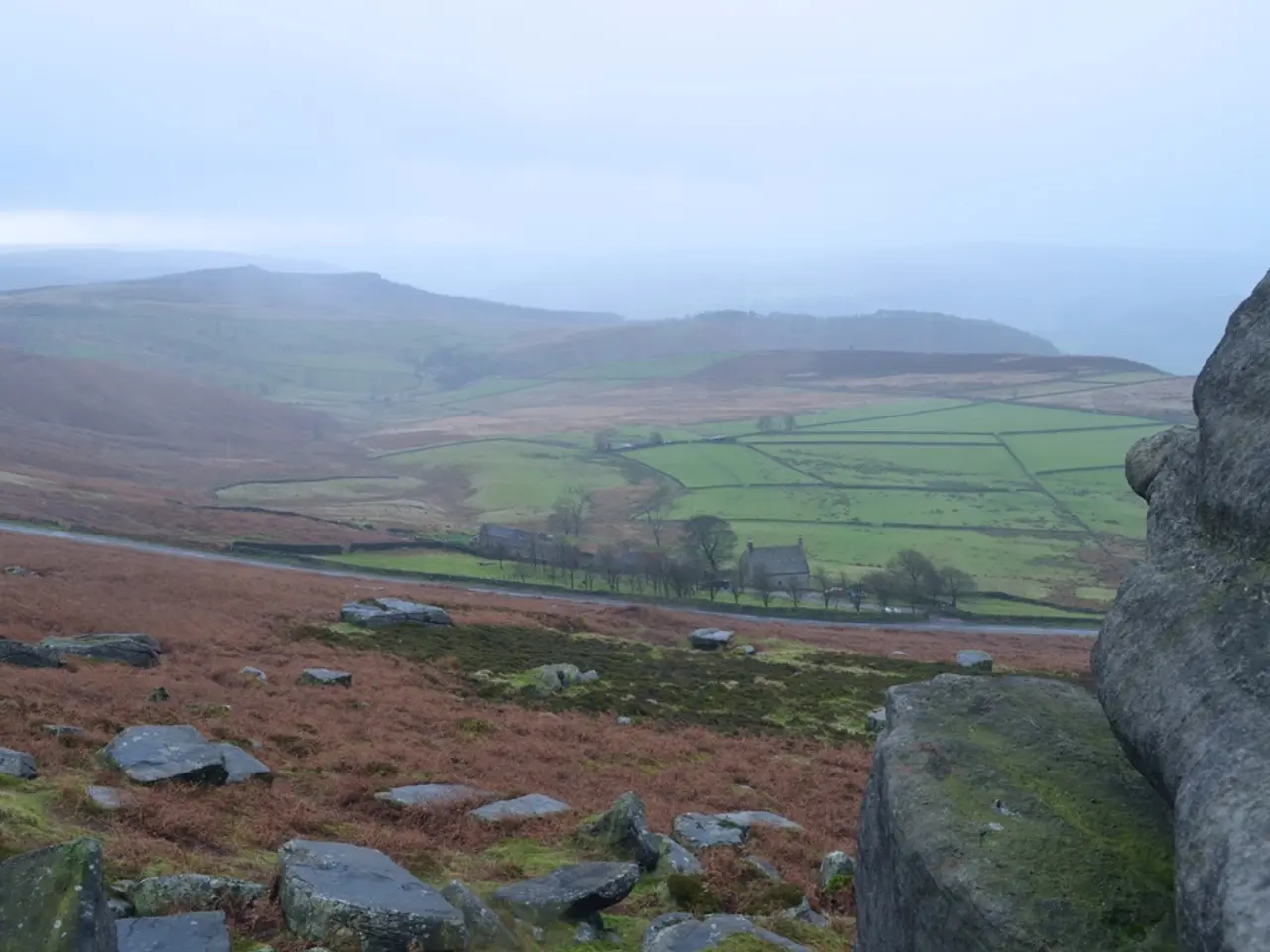Gambia's Coastline on the Atlantic Ocean: Atlantic Beach Region
The picturesque West African nation of The Gambia is not just known for its short, powerful coastline and beautiful beaches, but also for its evolving travel industry that aims to provide more local benefits. However, the sector faces sustainability challenges that require a multi-dimensional approach.
Environmental concerns loom large, with issues like waste management difficulties and ecosystem pressures common in rapidly growing tourist destinations. Climate change and environmental degradation exacerbate these problems, stressing natural resources essential for both residents and visitors. Socio-economic issues such as poverty, inequality, and weak infrastructure create hurdles for sustainable tourism development and equitable benefit sharing.
Fortunately, The Gambia is not alone in addressing these challenges. The United Nations and partners are supporting sustainable development goals (SDGs) through coordinated efforts focused on governance, economic reform, human capital development, and sustainable agriculture and environmental management. Initiatives include mainstreaming climate change adaptation into tourism planning, improving water, sanitation, and hygiene access, and empowering youth and women to create job opportunities within tourism and related sectors. Strengthening national institutions for economic and environmental governance is crucial to ensure tourism grows in a way that benefits communities while preserving natural and cultural assets.
The travel industry in The Gambia is shifting gears to become more sustainable. The current model of package holidays primarily prevents local people from participating and benefiting from tourism. A group of small tourism operators are aiming for more sustainable forms of tourism, promoting responsible practices that respect the environment and local culture.
International agencies are collaborating with NGOs in The Gambia to promote responsible tourism. These efforts include training local tour guides, supporting eco-tourism projects, and advocating for fair trade practices. The goal is to create a tourism industry that benefits everyone, from the local communities to the visitors.
Despite these challenges, The Gambia remains a welcoming destination. While overzealous salespeople can be an issue, the people of The Gambia are renowned for their friendliness and hospitality. Beachside litter, particularly in Banjul and its surroundings, is another concern, but efforts are being made to address this issue.
In conclusion, The Gambia's tourism industry is undergoing changes to become more sustainable, with a focus on responsible practices that respect the environment and local culture. By addressing its sustainability issues through integrated approaches, The Gambia can ensure long-term growth stability while preserving its natural and cultural assets.
- The travel industry in The Gambia is transitioning towards a more sustainable model, with a focus on extracting local benefits by promoting responsible practices and minimizing environmental degradation, aligning with the United Nations' sustainable development goals (SDGs) in governance, economic reform, human capital development, and environmental management.
- To create a tourism industry that benefits everyone – from the local communities to the visitors – international agencies are partnering with NGOs in The Gambia, implementing initiatives such as training local tour guides, supporting eco-tourism projects, and advocating for fair trade practices within environmental-science and lifestyle sectors.
- Financial investments are important for the growth of sustainable travel in The Gambia, aiming to improve infrastructure, address waste management difficulties, and empower youth and women to generate employment opportunities in the evolving travel and environmental-science sectors, providing a balanced lifestyle for local residents and visitors.




